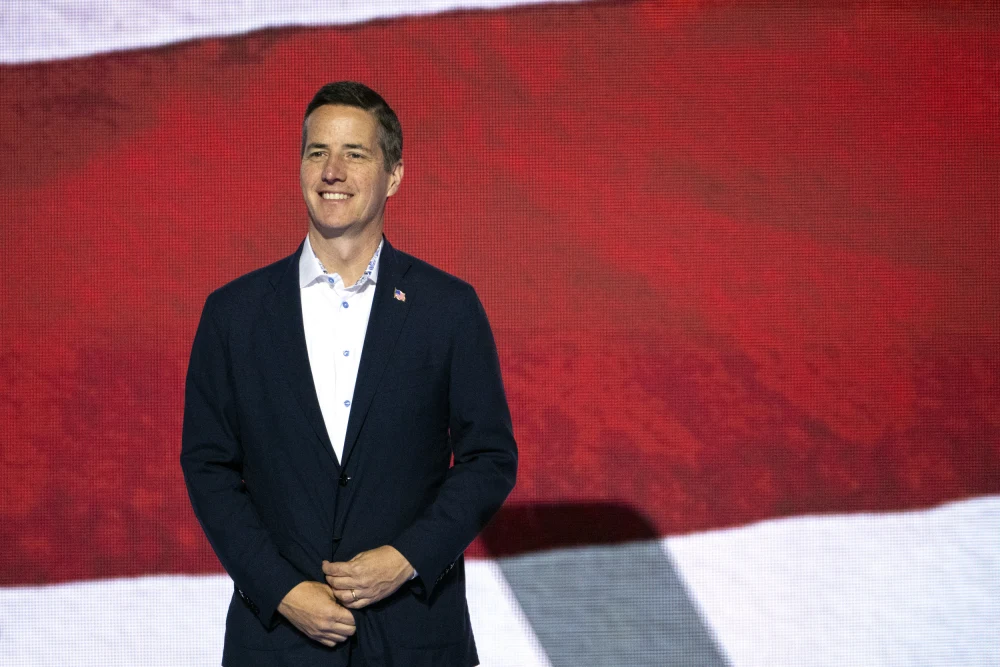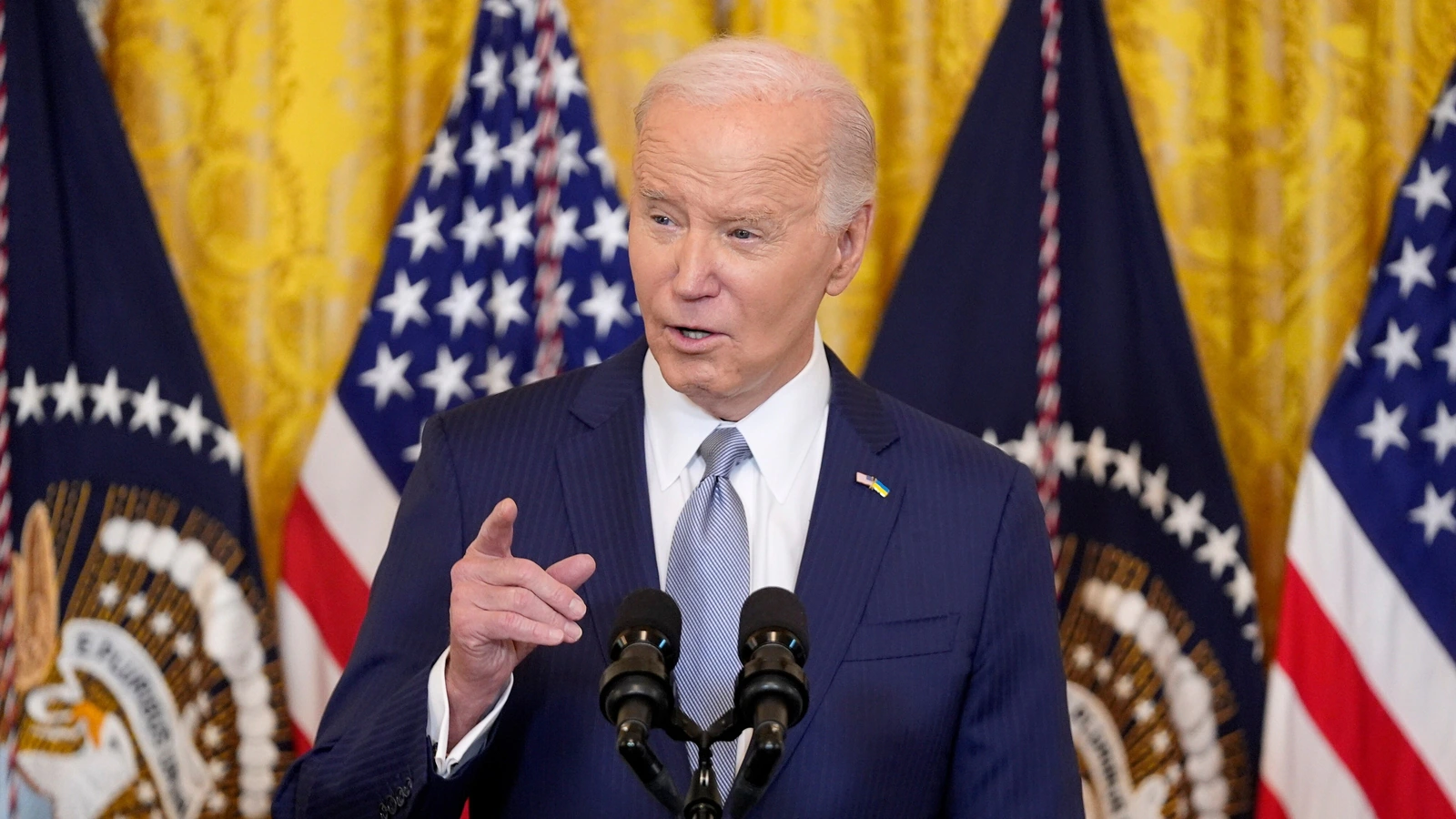

Hearing over whether to dismiss charges in Arizona fake electors case stretches into second day
A hearing to determine whether to dismiss charges against Republicans accused of attempting to overturn the 2020 presidential election results in Arizona will continue into a second day on Tuesday.
Maricopa County Superior Court Judge Bruce Cohen, who is overseeing the proceedings, is deliberating on motions from more than a dozen defendants. These individuals were indicted in April on charges of forgery, fraud, and conspiracy.
In total, 18 Republicans were indicted by an Arizona grand jury. Among them are 11 people who falsely certified that former President Donald Trump had won Arizona, two former Trump aides, and five attorneys linked to Trump, including Rudy Giuliani.
The defendants seeking dismissal argue that an Arizona law, originally designed to prevent baseless legal actions from silencing critics, should protect them. This law, which traditionally applied to civil cases, was expanded in 2022 by the Republican-led Legislature to include those facing most criminal charges.
The defendants, some appearing in person and others virtually, contend that Democratic Attorney General Kris Mayes is using these charges to suppress their constitutionally protected speech regarding the 2020 election and the subsequent actions they took. President Joe Biden won Arizona by a margin of 10,457 votes. They allege that Mayes, who campaigned on investigating the fake electors, has demonstrated bias against Trump and his supporters.
John Eastman, one of the defendants and a key figure in devising a strategy to convince Congress not to certify the election results, commented outside the courthouse on Monday. He noted that Judge Cohen faces challenging legal questions.
“I think he’s relishing the opportunity to be on the front line in deciding what this statute actually accomplished, and we look forward to his rulings on it,” Eastman stated.
Prosecutors counter that the defendants lack evidence to support their claims of retaliation and that their actions crossed the line from protected speech into fraudulent conduct. The Attorney General’s office also revealed that the grand jury had considered indicting Trump but was dissuaded by prosecutors.
Although Trump was not charged, the indictment identifies him as an unindicted co-conspirator.
While Giuliani was not an elector in Arizona, the indictment accuses him of pressuring Maricopa County officials and state legislators to alter the state’s election results. Additionally, he allegedly encouraged Republican electors to vote for Trump in December 2020. The indictment further claims that Giuliani spread false information about election fraud in Arizona and led a meeting in downtown Phoenix where he accused officials of failing to verify the accuracy of the presidential election results.
On Monday, Mark Williams, Giuliani’s attorney, argued that the charges against his client should be dismissed, asserting that Giuliani engaged only in lawful activities, exercising his rights to free speech and to petition the government.
“How is Mr. Giuliani to know that, oh my gosh, he presided over a meeting in downtown Phoenix,” Williams asked sarcastically. “How is he to know that that’s a crime?”
Dennis Wilenchik, representing defendant James Lamon, who signed a document claiming Trump had won Arizona, argued that Lamon signed the statement only as a contingency in case a lawsuit overturned the election results in Trump’s favor.
“My client, Jim Lamon, never did anything to overthrow the government,” Wilenchik stated.
Prosecutor Nicholas Klingerman, however, contested these claims, pointing out that the defendants’ actions do not align with their narrative of contingency. He highlighted that attorney Christina Bobb, another defendant, collaborated with Giuliani to persuade Congress to accept the fake electors. Additionally, defendant Anthony Kern gave an interview suggesting that then-Vice President Mike Pence would choose between the competing slates of electors.
“That doesn’t sound like a contingency,” Klingerman argued. “That sounds like a plan to cause turmoil to change the outcome of the election.”
To date, two defendants have resolved their cases. Former Trump campaign attorney Jenna Ellis, who worked closely with Giuliani, signed a cooperation agreement with prosecutors, leading to the dismissal of her charges. Republican activist Loraine Pellegrino became the first person convicted in the Arizona case, pleading guilty to a misdemeanor charge and receiving probation.
The remaining defendants have pleaded not guilty. Their trial is set to begin on January 5, 2026.
Meanwhile, former Trump White House Chief of Staff Mark Meadows is seeking to transfer his charges to federal court, where his legal team intends to pursue a dismissal.
- News
- USA




